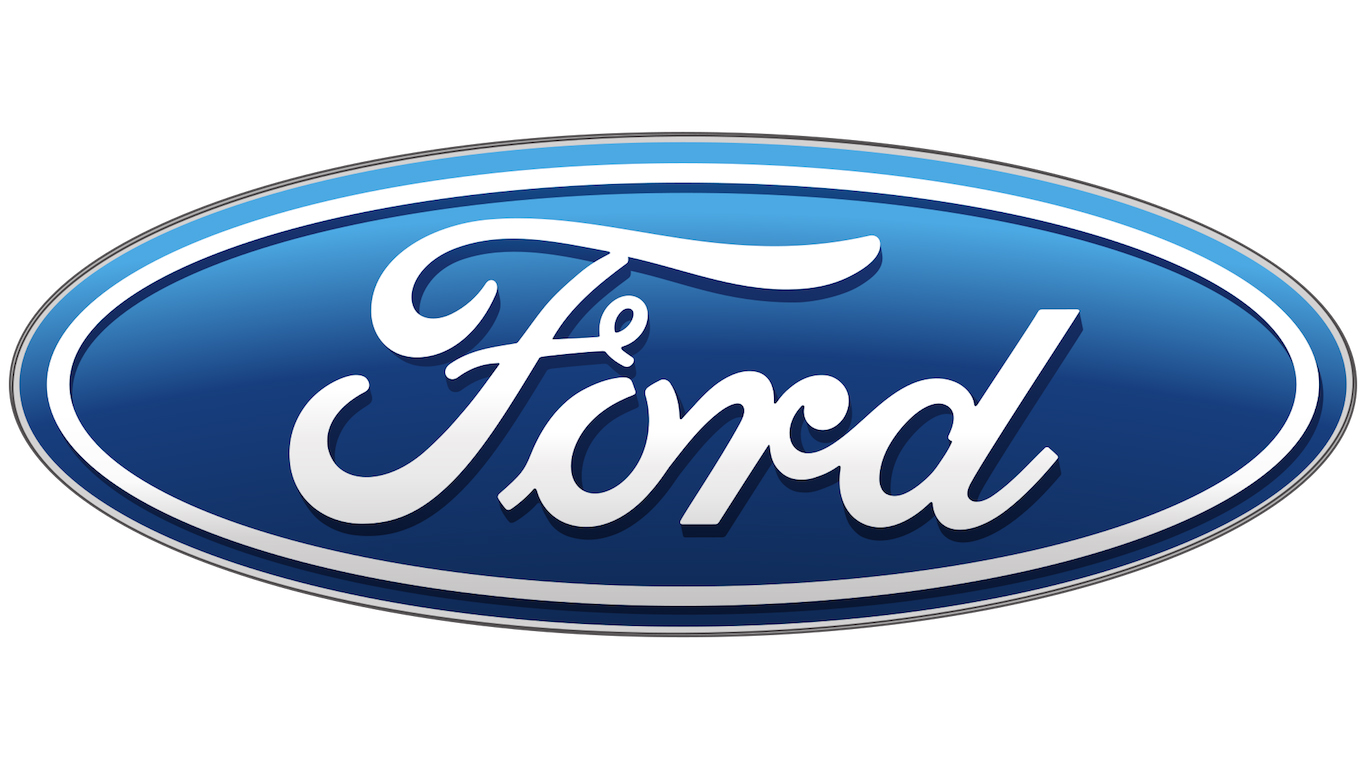Cars and Drivers
Ford's Investment in Electric Vehicles Comes Too Late

Published:

Ford Motor Co. (NYSE: F) posted better than expected earnings for the final quarter of last year. Its new chief executive officer also said it would invest a massive $29 billion in electric and autonomous vehicles, a decision that comes too late in the cycle that has begun to move car companies away from engines powered by gasoline and diesel, which was their core business for over a century. The delay that CEO Jim Farley wants to rectify began with his predecessor, Jim Hackett, who was pushed out because Ford was slow to make the transformation.
[in-text-ad]
Ford’s revenue dropped 9% in the final quarter of the year to $36 billion. Ford lost $2.8 billion, compared with $1.7 billion in the same period a year ago. Ford management asked investors to look at adjusted EBIT instead of net income. That rose from $500 million to $1.7 billion.
The focus of the earnings announcement was Farley’s comment about Ford’s future:
The transformation of Ford is happening and so is our leadership of the EV revolution and development of autonomous driving. We’re now allocating a combined $29 billion in capital and tremendous talent to these two areas, and bringing customers high-volume, connected electric SUVs, commercial vans and pickup trucks.
CNN summed up the problem: “While Ford’s statement spoke about taking a leadership position in EVs and AVs, some of its larger rivals are much further along in shifting to electric vehicles.” First among these is the world’s second-largest car company Volkswagen. General Motors has made a tremendous commitment along the same lines, and so has every large car manufacturer in the world, at varying levels of capital commitment.
Ford’s problem is not only its larger rivals by unit sales. Tesla clearly has the global lead in electric vehicle sales. Units shipped last year topped 500,000. Tesla expects that figure to rise by 50% in 2021. Among the smaller companies at the vanguard of the industry are Blink Charging, Fisker, Nio and Xpeng Motors. Even Apple appears likely to enter the business, probably in a tie-up with Kia. Kia’s parent, Hyundai, is among the largest car companies in the world, usually ranked behind only VW, Toyota, GM and the Renault–Nissan–Mitsubishi alliance.
Farley’s trouble cannot be overcome by Ford’s growing investment. Hackett needed to make the move in 2017 when he took over as CEO. Four years is an eternity in the competition to be an EV market leader.
Retirement planning doesn’t have to feel overwhelming. The key is finding expert guidance—and SmartAsset’s made it easier than ever for you to connect with a vetted financial advisor.
Here’s how it works:
Why wait? Start building the retirement you’ve always dreamed of. Click here to get started today!
Thank you for reading! Have some feedback for us?
Contact the 24/7 Wall St. editorial team.